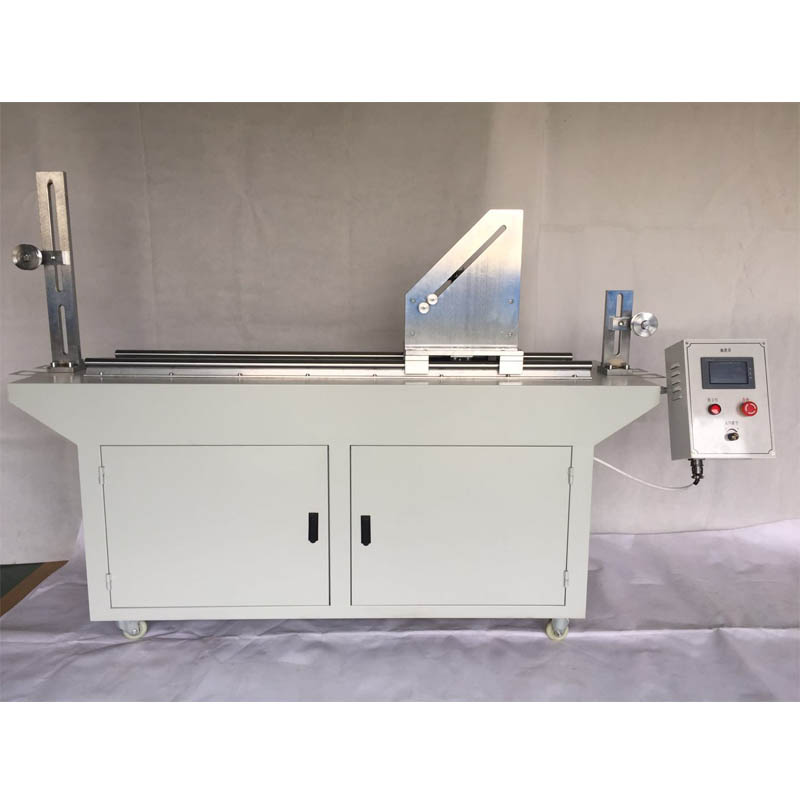Custom Insulation Resistance Tester - Precision Testing Solutions
Custom Insulation Resistance Tester Enhancing Electrical Safety and Performance
In the modern world, where electrical systems are integral to virtually every aspect of life, ensuring their safety and efficiency is paramount. One critical tool in achieving this goal is the insulation resistance tester. While many off-the-shelf models are available, a custom insulation resistance tester is becoming increasingly popular among industries that require specific features tailored to their unique needs.
Understanding Insulation Resistance Testing
Insulation resistance testers are devices used to measure the resistance of the insulation material surrounding electrical conductors. This measurement is crucial because it indicates the effectiveness of the insulation and helps identify potential faults that could lead to electrical hazards, equipment failures, or fire outbreaks. An effective insulation resistance tester helps ensure that electrical systems operate safely and efficiently, extending their lifespan and reliability.
The Need for Customization
While standard insulation resistance testers serve their purpose, certain industries and applications may require specialized features that generic models do not provide
. For instance, the aerospace and automotive industries demand testers capable of operating under extreme environments—varying temperatures, moisture levels, and electromagnetic interferences. A custom insulation resistance tester can be designed to withstand such conditions while providing accurate readings.Additionally, customization can cater to specific testing standards and regulatory requirements pertinent to different fields. For instance, some sectors might need testers that comply with international safety standards or particular voltage requirements. Creating a custom solution can ensure that organizations meet compliance needs without sacrificing efficiency or reliability.
Key Benefits of Custom Insulation Resistance Testers
custom insulation resistance tester

1. Tailored Features Custom testers can incorporate features such as programmable testing parameters, advanced data logging capabilities, and connectivity options for real-time monitoring. This flexibility allows users to conduct tests that fit their specific operational requirements.
2. Enhanced Accuracy By calibrating the tester to specific conditions and materials relevant to a particular industry, manufacturers can improve the accuracy and reliability of the test results, minimizing the risk of false readings.
3. User-Friendly Interfaces A custom tester can be designed with ergonomic considerations, ensuring that the interface is intuitive and accessible for users. This is particularly beneficial in environments where technicians may be under pressure to perform tests quickly and efficiently.
4. Integrated Safety Features Custom insulation resistance testers can incorporate advanced safety features to prevent electrical shock or equipment damage during testing, enhancing overall workplace safety.
5. Cost-Effectiveness While the initial investment in a custom insulation resistance tester may be higher, the long-term benefits of reduced downtime, improved safety, and enhanced performance can significantly outweigh these costs.
Conclusion
In an era where electrical safety cannot be compromised, investing in a custom insulation resistance tester is both a wise and strategic choice for industries with specific testing needs. By ensuring optimal performance and enhancing safety standards, these customized solutions not only protect assets but also contribute to the overall integrity of the electrical systems they monitor. As technology continues to evolve, so too will the capabilities of insulation resistance testers, paving the way for more sophisticated, tailored solutions to meet industry demands.
-
Why the Conductor Resistance Constant Temperature Measurement Machine Redefines Precision
NewsJun.20,2025
-
Reliable Testing Starts Here: Why the High Insulation Resistance Measuring Instrument Is a Must-Have
NewsJun.20,2025
-
Flexible Cable Flexing Test Equipment: The Precision Standard for Cable Durability and Performance Testing
NewsJun.20,2025
-
Digital Measurement Projector: Precision Visualization for Modern Manufacturing
NewsJun.20,2025
-
Computer Control Electronic Tensile Tester: Precision and Power for the Modern Metal Industry
NewsJun.20,2025
-
Cable Spark Tester: Your Ultimate Insulation Assurance for Wire and Cable Testing
NewsJun.20,2025
 Copyright © 2025 Hebei Fangyuan Instrument & Equipment Co.,Ltd. All Rights Reserved. Sitemap | Privacy Policy
Copyright © 2025 Hebei Fangyuan Instrument & Equipment Co.,Ltd. All Rights Reserved. Sitemap | Privacy Policy
